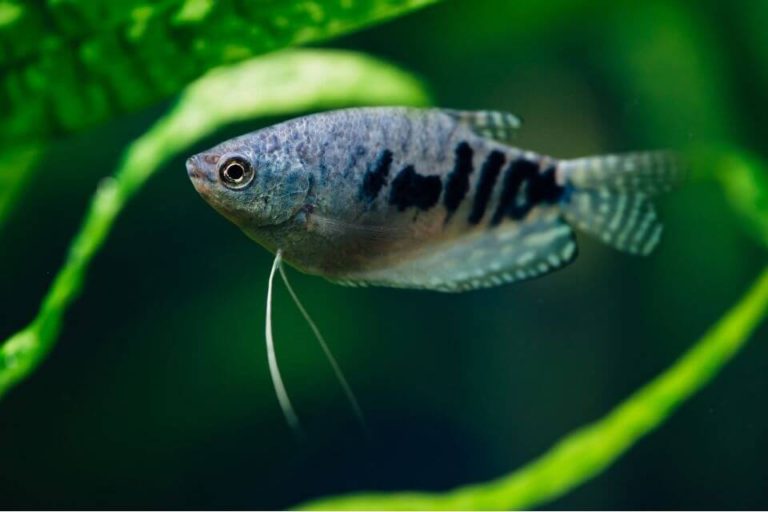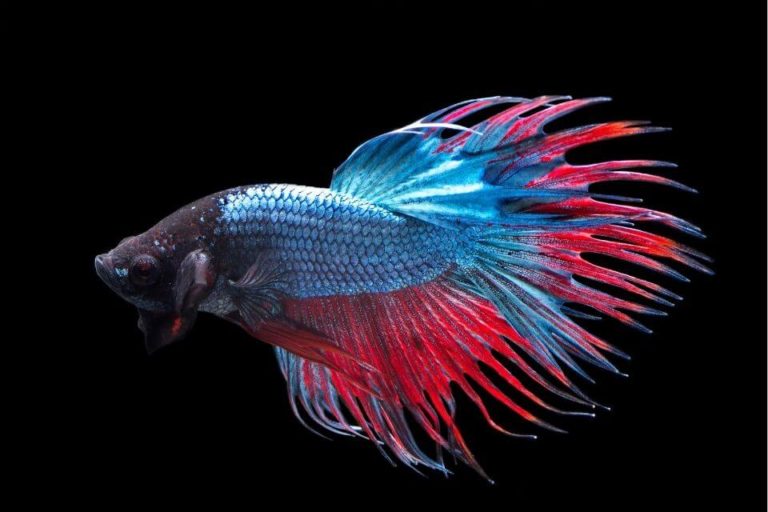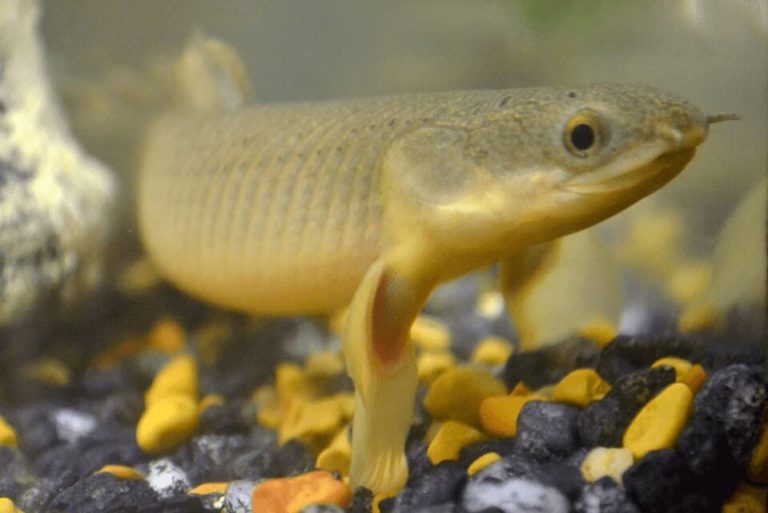Most Common Freshwater Fish Diseases, Prevention, Treatments, & Cure

Fish Diseases are widespread among aquarium pets due to various reasons such as water quality, temperature, and chemicals. Therefore, you must be aware of these diseases and symptoms to protect your aquarium pets.
It is not hard to observe your fish with unusual behaviors and visible signs to your naked eye that may be helpful to protect your fish at the greatest.
Prevention is more critical than treatments. The most common freshwater fish diseases, prevention, and treatment that we discussed in this article will be helpful in your way towards your aquarium journey.
More importantly, it is estimated that about 80% of fish diseases are caused by a bacterial infection that commonly exists.
Here are the most Common Freshwater Fish Diseases and the ways that you can Prevent and Treat them.
Motile Aeromonas Septicemia (MAS)
Motile Aeromonas Septicemia is one of the common freshwater fish infections that is caused by Aeromonas salmonicida bacteria. This infection occurs through abrasions in skin or wounds in the mouth, gills, and fins.
Symptoms:
Symptoms include gasping at the water’s surface, loss of appetite, labored breathing, fin discoloration, small grey spots on the body, often near the tail base and surrounding areas.
Sometimes there is abdominal swelling with fluid buildup under the skin that looks like frog-spawn or jelly-fish sacs. These symptoms are almost always progressive, resulting in death within 24 hours to 2 days, depending on the severity of infection.
Cysts can form in muscle tissue leading to necrosis (cell death) and secondary bacterial involvement.
Prevention and Treatment:
Aeromonas can be prevented by maintaining good, clean water conditions and not overcrowding fish in tanks.
It is best to avoid handling any freshwater fish when the water temperature is above 75 degrees Fahrenheit (24 degrees Celsius), as they are more susceptible to disease at these temperatures.
Any chance of abrasion or damage should be eliminated immediately, and wounds should be treated with iodine or potassium permanganate if available.
Antibiotics such as neomycin sulfate, kanamycin sulfate, streptomycin sulfate, and erythromycin may also be used but will only prove effective on bacterial types of infection such as mouth rot/ulcers.







